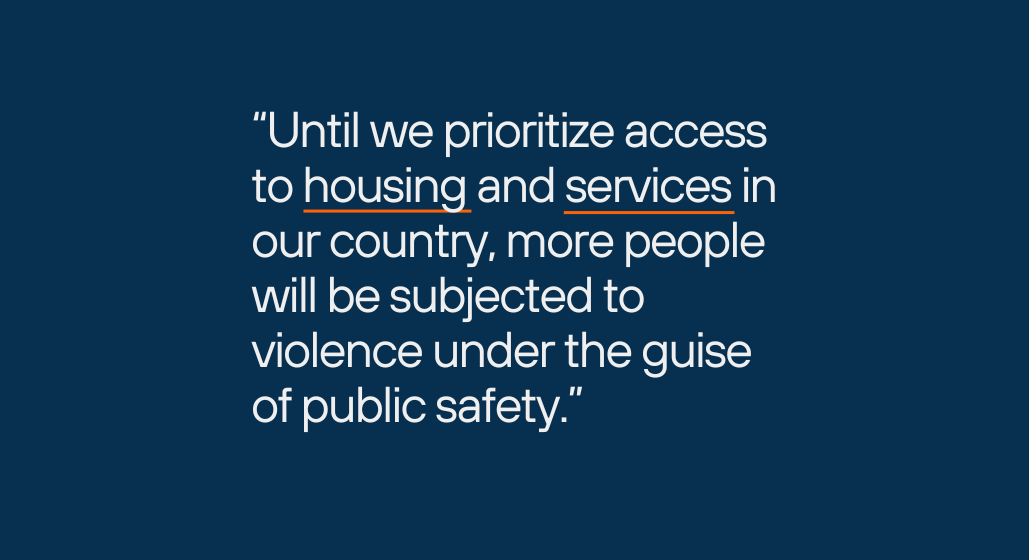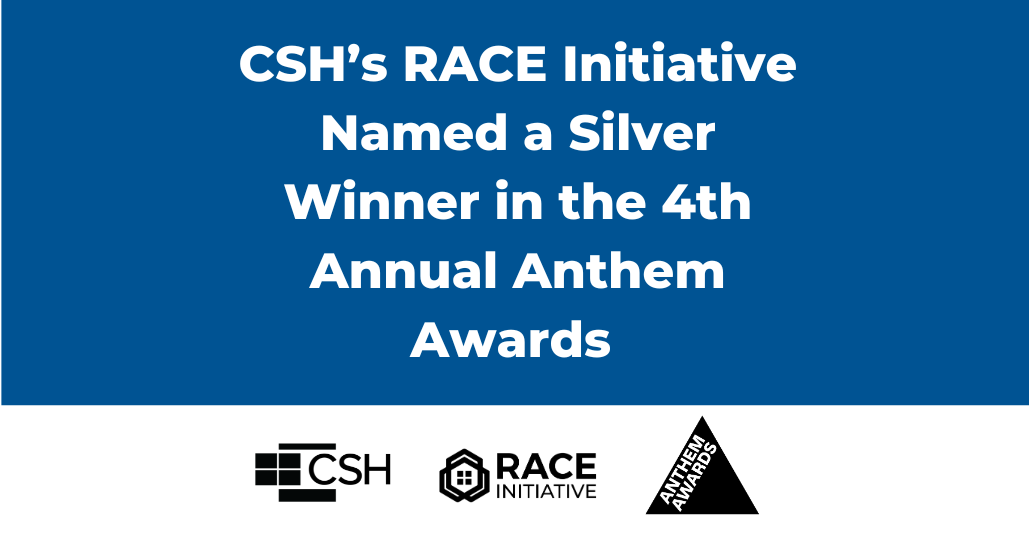Maine will tackle homelessness by adopting CSH’s signature program: Frequent Users System Engagement (FUSE). On June 8, 2021, Governor Janet Mills signed legislation establishing the FUSE collaborative to develop a plan to provide stable housing and community services to 200 people who are homeless or at risk of homelessness and frequent users of high-cost services.
The FUSE supportive housing framework stabilizes frequent homeless, health, and justice service users by providing affordable housing and wraparound support services.
Several studies have shown that a multi-sector approach is integral to developing a long-term solution to prevent homelessness. As a result, several sectors and organizations in Maine, including the housing finance agency, health and human services, the justice/correctional sector, the homeless council, emergency and mental health services, and a community-based service provider, have joined hands to ensure the initiative’s reach and success.
FUSE is happening in Maine! Supportive housing solves homelessness. Thank you @CHOMHousing @CSHInfo @Maine_Housing @PrebleStreet @MeEqualJustice and Sheriffs Kevin Joyce and Troy Morton and DA Jonathan Sahrbeck! https://t.co/88tTArxKix
— Victoria Morales (@Rep_Morales) June 11, 2021
While homelessness in Maine is among the lowest in the country, unsheltered homelessness almost doubled in 2020 compared to 2019. In addition, youth homelessness also increased by 11%. Moreover, Maine was already spending 30% of its budget on 1% of the population experiencing homelessness in 2019.
The urgency of passing the legislation increased after the COVID-19 pandemic, which took a toll on Maine’s most vulnerable population, frequent users of psychiatric hospitals, emergency shelters, emergency rooms, police, jails, and prisons.
“Stable housing allows people to get better, and when people who are ill are housed, taxpayers save a lot of money,” Rep. Victoria Morales and Cullen Ryan, Executive Director, Community Housing of Maine, said.
“We must become proactive rather than reactive. FUSE puts us on the course to do exactly that. It will help us focus our efforts together, eliminating silos. It works, improves our communities and makes for better lives,” they added.
CSH FUSE is a proven model successfully implemented across 40 states and communities. Most recently, a cross-sector analysis conducted in Multnomah County, Oregon, revealed that supportive housing reduced crises response and jail bookings.
Specifically, the report found that after the supportive housing intervention, there were 5,000 fewer avoidable emergency department visits, 400 fewer jail bookings and 50 fewer inpatient psychiatric stays.
The data CSH has collected over the years confirms that long-term housing interventions associated with crisis response and acute care settings are essential. Without these data-driven solutions, the chances of people being cycled through these systems — causing re-traumatization and costing the systems millions of dollars — rises dramatically. That pain and expense are avoidable if the community commits to supportive housing as a solution, just as Maine did.





